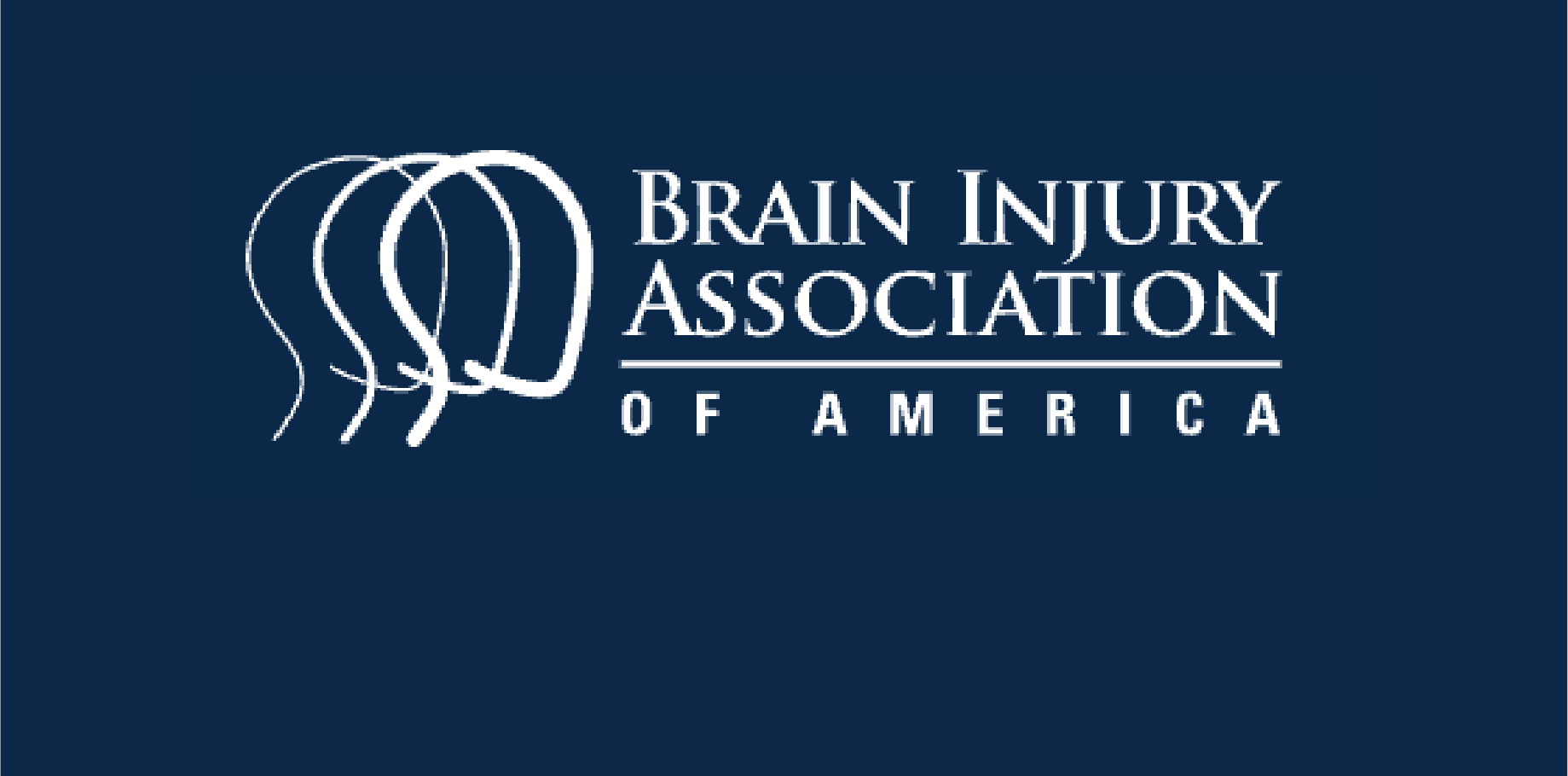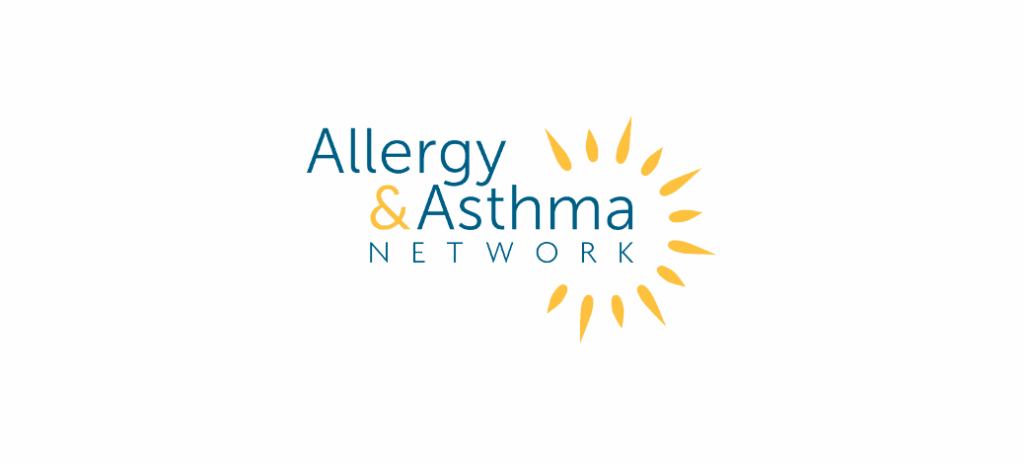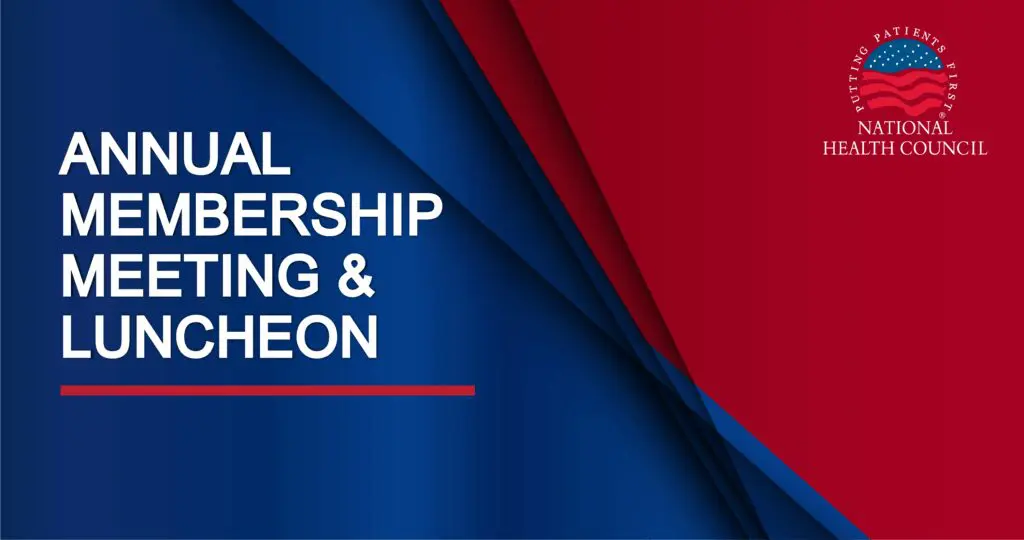

Health, Hope, and Healing: Shining a Light on Brain Injury
By: Lauren Moore, Marketing and Communications Manager, Brain Injury Association of America
An estimated 64 million Americans have suffered a traumatic brain injury (TBI) in their lifetime according to a study published earlier this year by the Centers for Disease Control and Prevention (CDC). That’s almost 25 percent of the population and does not include people affected by a non-traumatic brain injury like a stroke or a lack of oxygen to the brain.
Despite this widespread prevalence, brain injury persists as a silent epidemic, and for many, brain injury can develop into a chronic health condition requiring ongoing treatment, management, and care. Public resources and support for those living with a brain injury are not widely available, and research funding from the National Institutes of Health in 2024 amounted to $3.03 per person with brain injury.
There’s work to be done to raise awareness and advocate for more research and resources for people with brain injury. Every March, the Brain Injury Association of America (BIAA) leads the nation in observing Brain Injury Awareness Month. This year, we brought back our My Brain Injury Journey campaign and introduced new advocacy initiatives, events, fundraising opportunities, and more.
National Brain Injury Conference and Awareness Day
Nearly 400 people from across the country gathered in Washington, DC, for our expanded National Brain Injury Conference and Awareness Day in March. The conference featured educational, informative sessions, including a keynote led by BIAA Board of Directors members John D. Corrigan, PhD and Dr. Michael Jaffe that featured insights on the latest research, treatment advancements, and rehabilitation strategies for brain injury survivors and highlighted the need for brain injury to be recognized as a chronic health condition.
BIAA also held advocacy training sessions to help attendees who would be meeting with their representatives effectively communicate their experiences and needs, as well as to provide an overview of BIAA’s current legislative priorities. On Capitol Hill, advocates representing 43 states held 284 meetings with House and Senate members and their staff.
Public Perceptions of Brain Injury: A National Survey
BIAA partnered with The Harris Poll to conduct a survey of US adults about their awareness of brain injury symptoms, causes, myths and facts. The survey also asked participants about their personal experiences with brain injury and interactions with health care providers. Our findings revealed that perception may not match reality when it comes to awareness of brain injury.
Nearly four in 10 adults have experienced symptoms of a traumatic brain injury in their lifetime, yet most Americans lack critical knowledge about brain injuries, uncovering significant gaps in knowledge as well as misconceptions.
The survey found that 82 percent of adults are unaware that falls are the leading cause of brain injury, and 81 percent are not aware that concussions are classified as traumatic brain injuries. However, 89 percent of respondents said they would be somewhat or very likely to seek medical attention if they experienced a head injury.
Updated Fact Sheet
The true number of people impacted by brain injury in the United States has been severely undercounted. As a result, it can be difficult to glean meaningful and accurate statistics about incidence of brain injury. Despite these challenges, BIAA reviewed research from medical experts and the CDC to build an updated fact sheet featuring statistics and information about the nature of brain injury in America, including:
- At least 64 million adults report having experienced one or more traumatic brain injuries in their lifetime
- There are 2.9 million TBI-related emergency department visits each year in the US.
- Adults in the US report more than 30 times as many traumatic brain injuries compared to estimates using emergency department data from existing datasets
Be a Voice for Brain Injury Fundraising Campaign
One of our major calls to action during Brain Injury Awareness Month was to participate in our Awareness Month fundraising campaign, “Be a Voice for Brain Injury.” Thanks to the dedication and passion of our advocates, we raised more than $43,000 to help strengthen BIAA in supporting brain injury survivors and their loved ones.
Concussion Awareness Now
As a co-chair of the Concussion Awareness Now (CAN) coalition, BIAA and our partners used Brain Injury Awareness Month as an opportunity to engage with our community members who are passionate about ensuring that everyone who sustains a concussion receives the right diagnosis, the best possible care, and the resources and information they need. To that end, CAN hosted a free live webinar featuring a panel of concussion experts, advocates, and survivors. In “Concussion Myth Busters,” panelists Dr. Beth McQuiston, a neuroscientist and medical director for Global Neuroscience Research at Abbott; Dr. Drew Nagele, a neuropsychologist and board-certified rehabilitation psychologist who’s worked for over 40 years in brain injury rehabilitation; Katherine Snedaker, a licensed clinical social worker and founder of Pink Concussions, a nonprofit focused on awareness and advocacy around brain injury in women; and Kellie Pokrifka, a brain injury survivor and member of BIAA’s Survivors’ Council, came together to compare persistent concussion myths with the facts.


